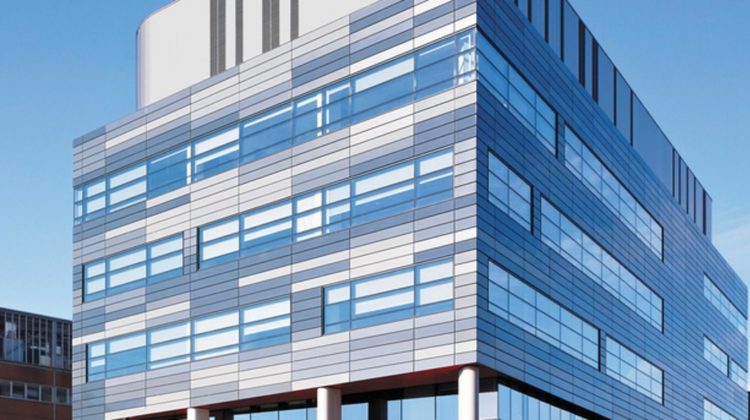
The University of Strathclyde has been awarded £853,000 by the Engineering and Physical Sciences Research Council (EPSRC) to establish a bespoke facility for testing innovative nanotechnologies for healthcare applications.
The Multiscale Metrology Suite (MMS) for Next-Generation Health Nanotechnologies, which will provide scientists from across the UK with access to world-leading technology for the analysis of both the physical and chemical properties of prototype nanotechnologies, will be the first of its kind in the UK. Between them, the university and the EPSRC are investing more than £1.6 million in the new facility.
At present, the analysis of nanotechnologies for healthcare applications can be complex and challenging, requiring the use of multiple technologies. This often delays the development of new medicines and may also lead to the failure of products at the clinical trial stage.The proposed modular setup of the MMS, which will bring together the latest detection technologies in place, MMS will enable multiple analyses to be performed on the same prototype.
The data generated will enable researchers to improve their understanding of the properties that drive the performance and safety of new nanotechnology-based medicines. Nanotechnology researchers from academia and industry will also be able to use the facility to test new prototypes and develop new workflows.
‘Nanotechnology for health is a rapidly growing sector, as seen with vaccines developed during the COVID-19 pandemic and the increased use of nanotechnologies in cancer diagnostics and therapies,’ said the principal investigator on the project, Zahra Rattray, the chancellor’s research fellow and lecturer in translational pharmaceutics with the Strathclyde Institute of Pharmacy and Biomedical Sciences.
‘Before new medicines enter the clinical arena, early testing of their performance and properties is critical,’ she continued. ‘This investment in the MMS gives us a unique capability to be at the forefront of analytical sciences and uncover a lot more about the design and performance of these therapies. We are excited about the new opportunities the MMS will create with the proposal partners – LGC, the Medicines Discovery Catapult and the Centre for Process Innovation – as well as the wider UK and international nanotechnology communities, in addressing the challenges faced in nanomedicine design.’



